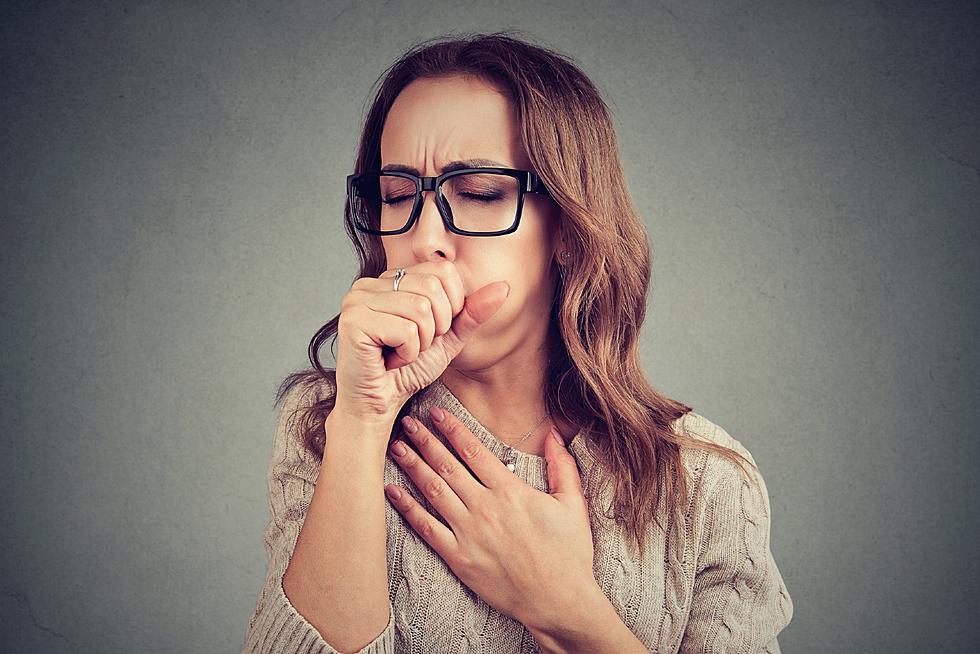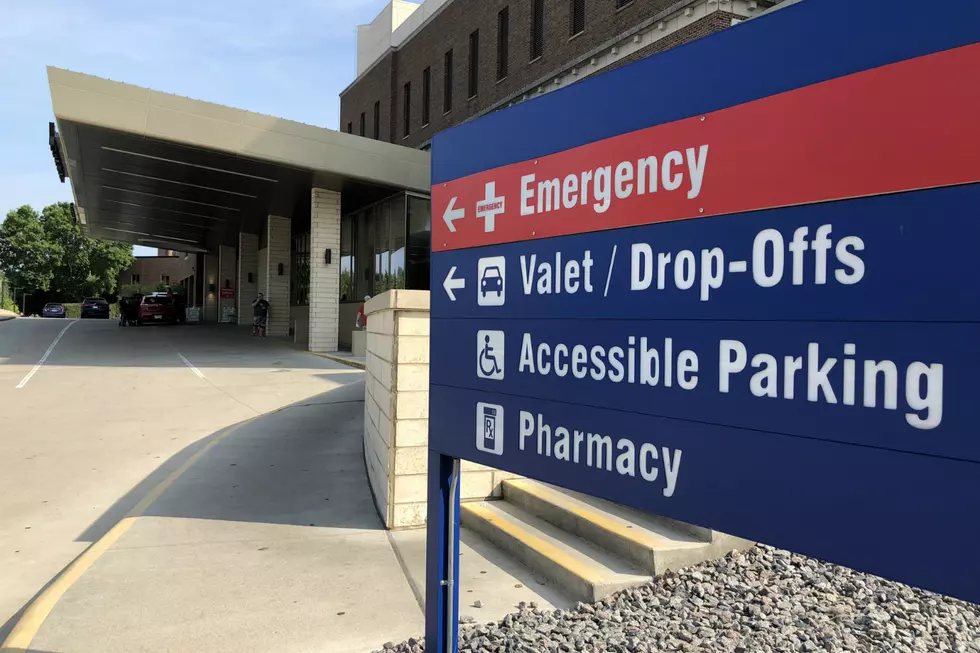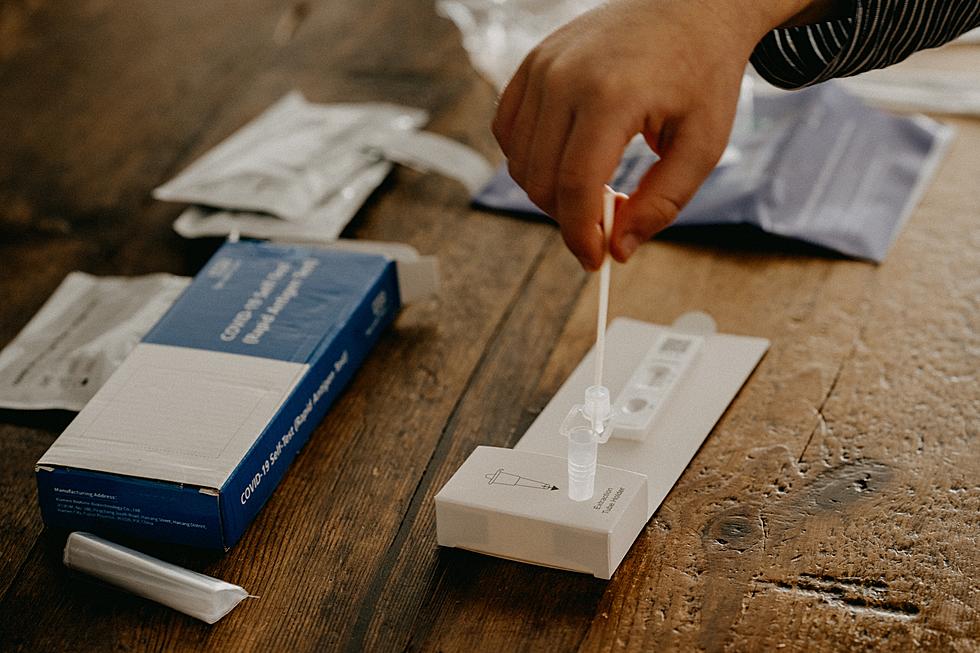
Governor Walz Signs Executive Order on Face Masks
ST. PAUL – Minnesota Governor Tim Walz Wednesday signed an Executive Order requiring Minnesotans to wear face masks in indoor and public settings to blunt the spread of COVID-19.
Executive Order 20-81, which will go into effect Saturday, requires Minnesotans to wear masks in stores, restaurants and other indoor gathering places. It also requires workers to wear masks outdoors when social distancing is not possible.
Walz says a large-scale effort is currently underway to distribute about four million disposable masks to communities, businesses and law enforcement agencies across the state, . In a media appearance, Walz stressed that mask-wearing, in addition to hand washing and social distancing, is critical to slowing the spread of the virus enough to resume activities and reopen schools and businesses.
“If we can get a 90 to 95 percent compliance rate, we can reduce infection rates dramatically, which slows that spread and breaks that chain,” said Walz. “This is the cheapest and most effective way for us to open up our businesses.”
The decision is widely supported by public health experts, who have called it a simple and effective step to slow the spread of the COVID-19 virus, which is estimated to be asymptomatic in about 40 percent of people. To date, 30 states across the country, along with Washington D.C. and Puerto Rico, have issued similar mandates. Walz says business owners and medical professionals have been showing their support for a mask mandate, saying it takes the burden off them to enforce people’s behaviors.
“Until there is a widely available vaccine, wearing a mask is one of the best tools we have for limiting the spread of COVID-19 and its harmful impacts,” said Minnesota Department of Health Commissioner Jan Malcolm. “Masking up when heading out, along with practicing social distancing and other preventive measures are extremely important and will help us slow the spread of the disease so we can do more of the things we all want to do.”
"As we’ve learned more about the virus, the science is increasingly clear that wearing masks significantly cuts the risk of spreading the disease from one person to another,” Malcolm added.
Certain individuals will be exempt from the Executive Order. This includes anyone with a medical condition, mental health condition, or disability that makes it unreasonable to wear a mask; those with medical conditions that affect their ability to breathe; and individuals who are unconscious, incapacitated, or unable to remove a mask without help. Officials say those individuals should look for alternatives to face coverings, such as clear face shields or staying at home as much as possible. Children five years old and younger are also exempt from the mandate.
Violation of the Executive Order could come with consequences. Anyone found willfully violating the mandate is guilty of a petty misdemeanor and could be fined $100. Likewise, any business found in violation faces a misdemeanor, a $1,000 fine or up to 90 days in jail.
Walz says the goal is not to punish anyone.
“We don’t want to do this - I want (law enforcement) handing out masks, not tickets,” Walz said. "We're not trying to make anyone a criminal."
Numerous cities across Minnesota have already issued temporary face mask ordinances. On a Monday night vote of 5-2, the St. Cloud City Council moved to require masks in public indoor spaces, with exceptions for those with certain medical conditions or young children.
A large number of retailers, such as Target and Walmart, have also implemented their own face mask policies. St. Cloud-based Coborn’s now requires masks for customers in Minnesota and Wisconsin. The policy took effect earlier this week.
The fate of Minnesota’s public schools is still unknown. State officials are expected to recommend either in-person learning, distance learning, or a hybrid of each by the end of July. Recently released results from a statewide survey of 13,000 public school workers indicate mixed feelings; many educators reported they’re worried about students’ access to technology and productivity if distance learning resumes. About as many say they’re concerned about safety should schools return to in-person learning.
State health officials are predicting a spike in COVID-related hospitalizations and deaths in the next two to three weeks.
Too Much Zucchini? Make Zucchini Pizza Casserole!
More From 96.7 The River









